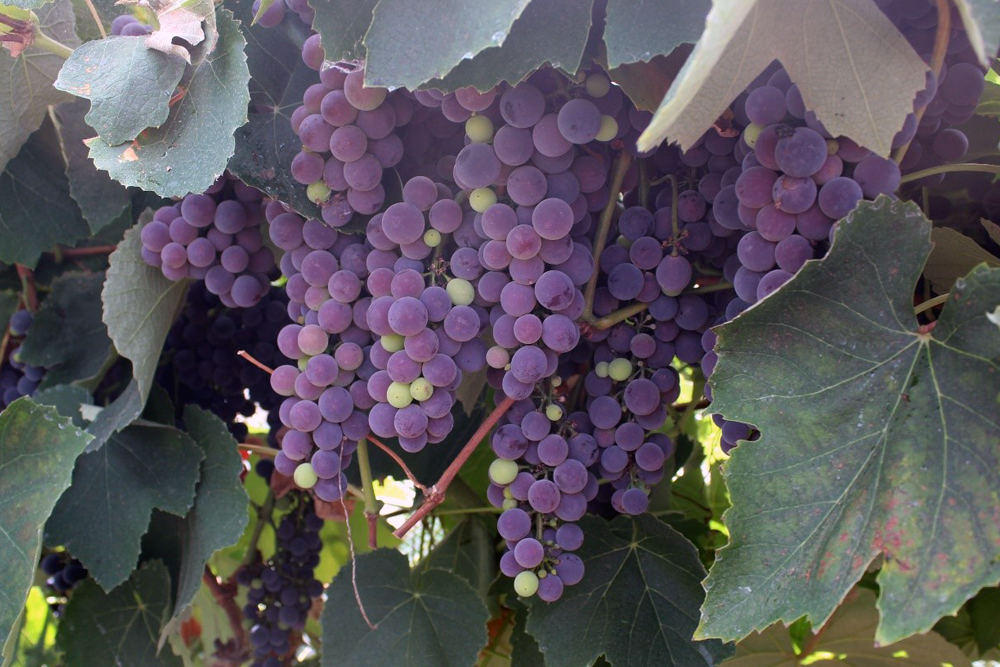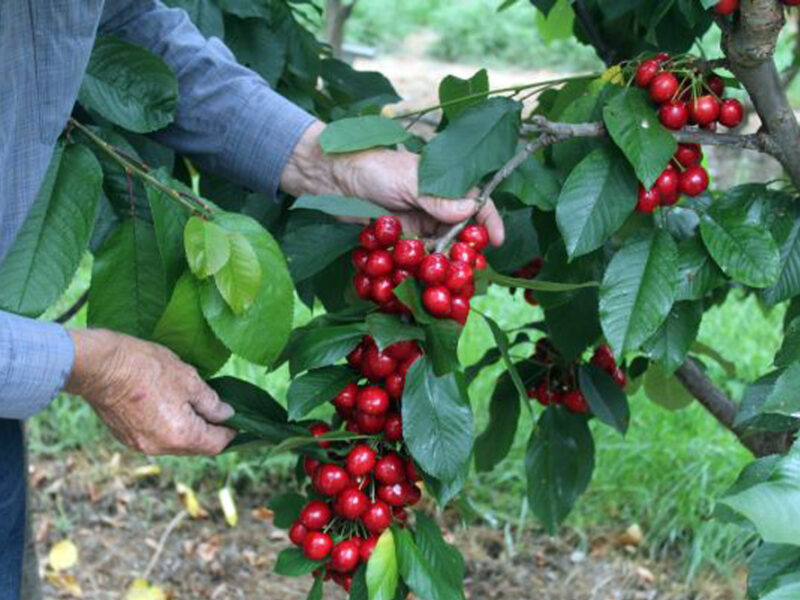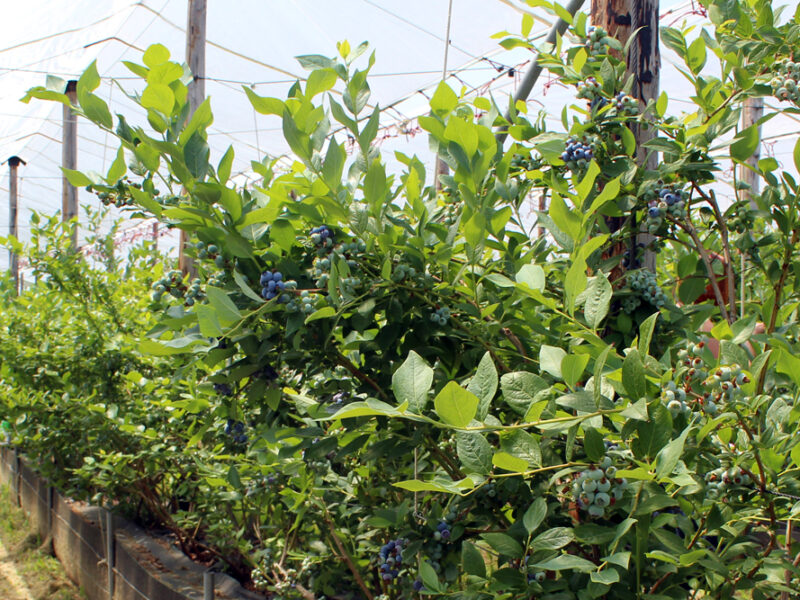In my previous blog I discussed the effect that global warming would have on the rain sensitive deciduous fruits such as cherry, apricot, peach and nectarine. At first thoughts one might suppose that the extreme weather conditions caused by global warming is not going to pose any problems for deciduous fruits but unfortunately this is not true.
Deciduous fruits preform best under warm (not hot) dry conditions, with irrigation provided when the trees require it. The availability of irrigation water could be a potential problem in the future, as global warming is predicted to involve extreme weather conditions, not just wetter or dryer than normal. Dryer conditions will put extreme pressure on irrigation systems, while wetter conditions (as was discovered in New Zealand during the last year’s unusually wet summer) can significantly reduce the post harvest characteristics of some apple varieties.
Of course extremely wet conditions do not lend themselves to easy feuit production. Many diseases of deciduous fruit favour rainy conditions (for example the fungous disease Black spot (Venturia inaequalis) of apples or the bacterial disease (PSA) of kiwifruit. In fact the latter can be controlled very efficiently by using rain shelters (in the form of high plastic tunnels). By preventing any water drops from existing on the stems then a single spray of copper will ensure freedom from the disease, whereas regular sprays are necessary in a planting exposed to normal rainfalls.
Of course when one moves deciduous fruit tress under some form of rain shelter (greenhouse) the question must arise of whether the plants should be grown hydroponically, rather than in the soil. Hydroponics is much more efficient than soil irrigation as the nutrient solution drainage can be re-circulated (if desired) or else used to irrigate outdoor crops. There are also a number of other advantages, such as there is no requirement to look for a well drained fertile soil, and any variation in soil type when growing hydroponically is inconsequential. Of course the question arises of what is the best medium to use for deciduous fruit trees. What is required is a medium which not only has excellent aeration characteristics, but also one which will hold moisture and nutrients. Coir appears to fill these requirements provided that it is not too fine, as it is essential to consider the coir as a long term medium.
Of course with deciduous fruit trees there is not the advantage of an extended harvest season (as there is for some berryfruit, eg strawberries), with consequential higher yields, but some modern training systems, such as the 2 dimensional apple tree system (similar to the UFO cherry tree system) could well offer higher productivity when combined with rain covers and hydroponics.
Grapes for wine production , dried fruit production and for eating fresh are an important crop which depend on being grown in low rainfall areas during the harvest period. The best “soils” for wine grapes are usually those which are stony and well drained, so that essentially the grapes are produced almost hydroponically. A dry autumn (harvest season) is the key to a good vintage. Global warming, with the risk of extreme rainfalls during the harvesting season will reduce the quality of the grapes.
Dessert grapes are an important pat of the industry, and rain close to harvest can cause damage and rots in the bunches.
Once again, High tunnels are probably the best answer, but this might mean that the industry no longer has to be based in low rainfall area, but could be situated close to the markets.
-Mike Nichols



